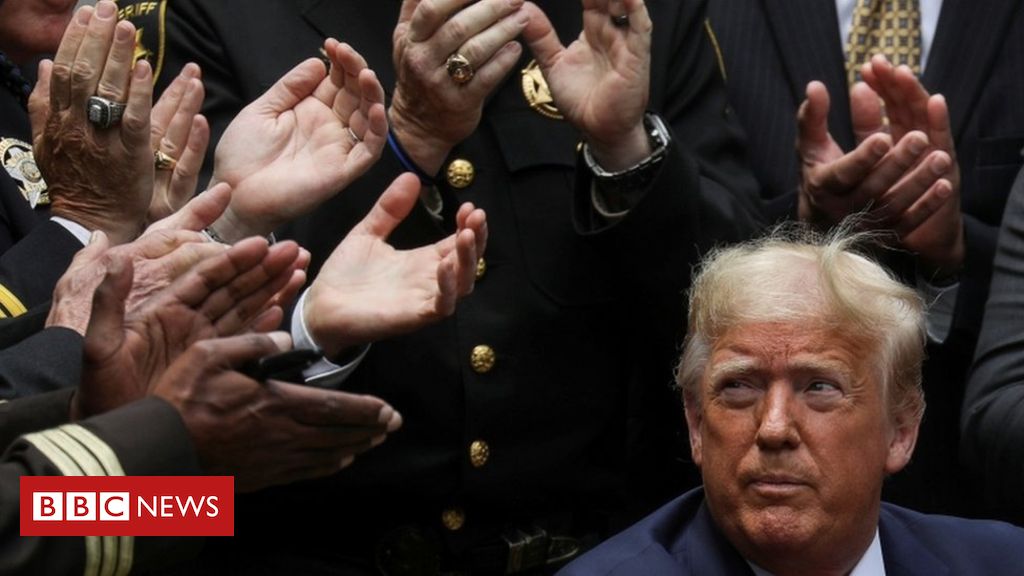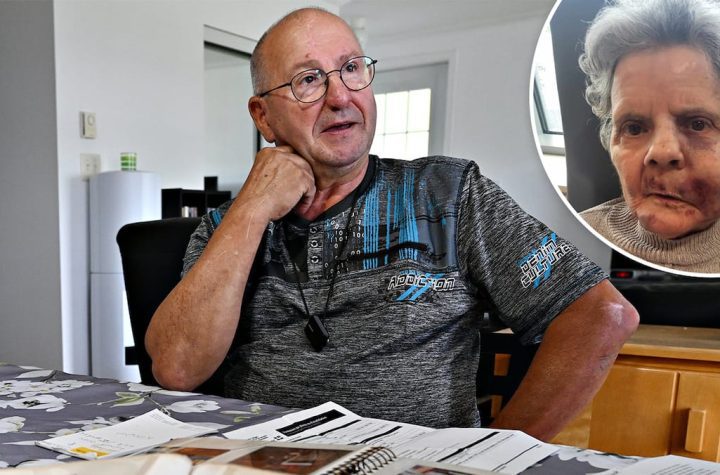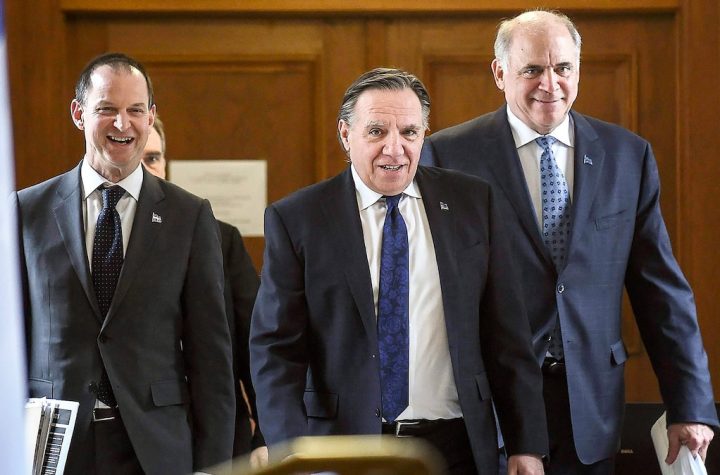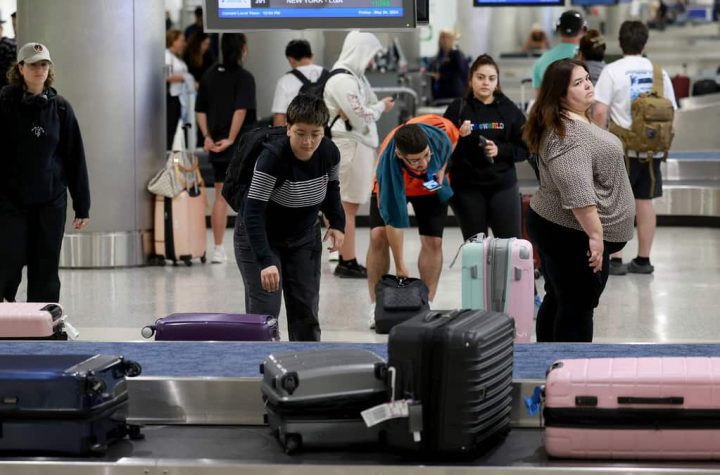
Image copyright
Reuters
President Trump signed an executive order on a series of police reforms on Tuesday
Republican senators have unveiled their plans to improve policing following the death of George Floyd. How does it compare with those put forward by the White House and Democrats? And which will succeed?
In advance of national guidance from Washington, police departments across the country have begun taking reforms on themselves.
Police departments in major US cities like Denver, Chicago and Phoenix have all banned chokeholds in the wake of Mr Floyd’s death.
And the New York police commissioner announced this week that the anti-crime unit – a team of roughly 600 plain clothes officers – would be disbanded.
But these patchwork efforts would be bolstered by federal legislation, which could make police reforms mandatory nationwide.
Senate Republicans
Image copyright
EPA
Republican Senator Tim Scott is leading his party’s efforts on police reform
- Provides incentives for police departments to ban chokeholds and unannounced police raids, known as “no-knock warrants” – though stops short of outright bans
- Requires local law enforcement agencies to report all officer-involved deaths to the FBI
- Offers grants to encourage wider use of body-worn cameras by police officers
- Establishes a commission on the social status of black men and boys
- Asks the Justice Department to establish and provide training on de-escalation techniques
House Democrats
Image copyright
Reuters
Congressional Black Caucus Chairwoman Representative Karen Bass unveils the Democrats’ plan
- Bans the use of chokeholds and carotid holds, meant to temporarily cut off blood flow to the brain, also known as “sleeper” holds
- Eliminates the use of no-knock warrants
- Creates a national registry to track police misconduct and requires law enforcement agencies to report on use of force by officers
- Requires training on racial bias and implicit bias at the federal level
White House
- Establishes national data base to track police officers with excessive use of force complaints
- Provides financial incentives for police departments to commit to “best practices”, including banning chokeholds, but does not outright ban the practice
- Encourages the deployment of social workers alongside police officers to address non-violent cases, such as mental health, addiction, and homelessness
- Prioritises federal grants to police departments that obtain certifications of high standards regarding de-escalation training and use of force
After weeks of mass protest against police use of force and institutional racism across the US, the machinery of the federal government is grinding into action. Democrats in the House of Representatives have approved sweeping reforms. Donald Trump signed an executive order that will encourage police departments to set new guidelines for training and procedures.
Now Senate Republicans have their own proposal, which provides legislative backing for many of the president’s moves.
That both parties have been able to move reasonably quickly during an election year, when legislative accomplishments are traditionally few, underscores a national consensus about the urgency of the moment. Even so, the chances for co-operation on the issue are still far from certain.
Democrats may decide a modest compromise on what they see as Republican half-measures would give their opponents a victory – and decrease the likelihood of more substantive reforms after November’s elections.
Republicans may conclude broader Democratic reforms would hinder police departments and put officers at risk, while preventing the party from using “law and order” as a campaign issue against Democrats in the autumn.
Even with pressure for action mounting, both sides may end up deciding it’s better to take the issue to the voters in November.





More Stories
Buy Instagram Followers and Likes: A Detailed Review of InsFollowPro.com
Things to Consider When Going with Sliding Patio for Backyard
Where to Start Automation. Monitor Stands